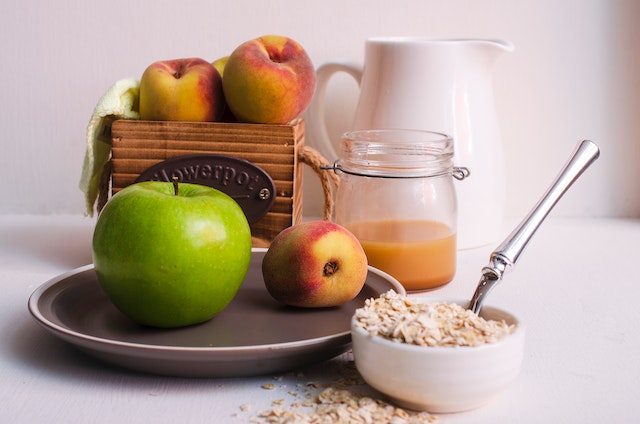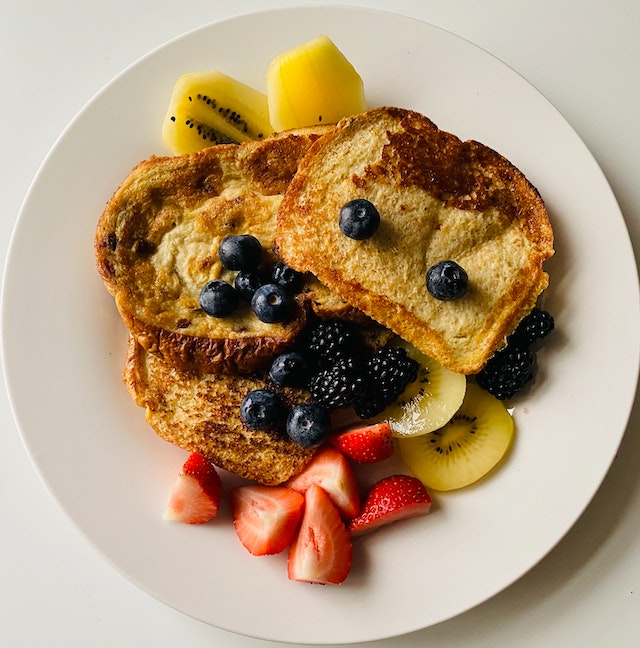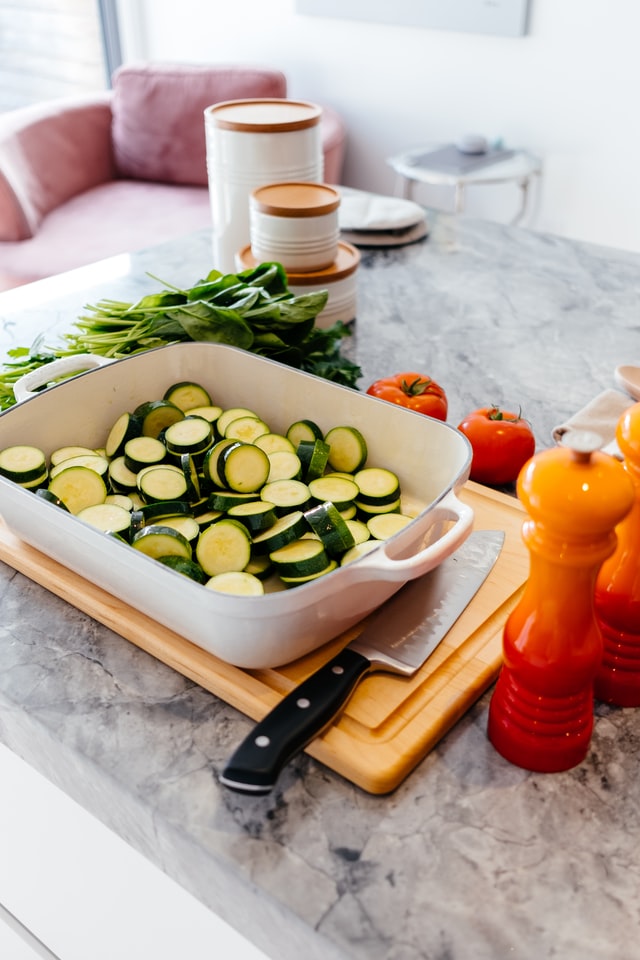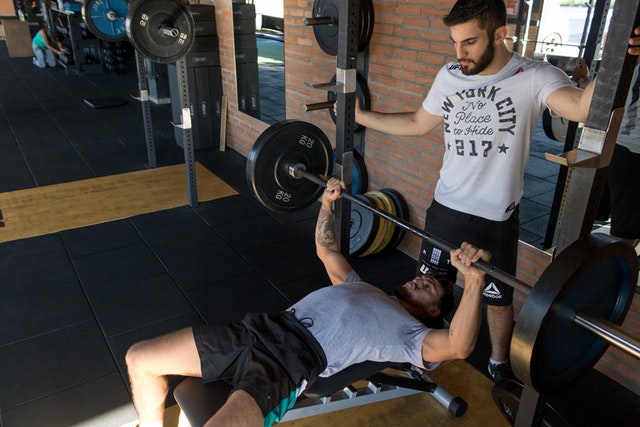Anywhere from 25% to 33% of Americans experience bladder problems. These issues can be a pain in more ways than one, embarrassing you, making you cancel events you were looking forward to or getting in your way at work.
Some women think bladder problems are inevitable, especially after having several kids. Can you improve your bladder health? Here are several tips that are recommended by health professionals.Drink Plenty of Water …

Water is excellent for your kidneys and the rest of your urinary system. Drinking lots of water is great for preventing kidney stones and gout attacks.
How much do you need? Your doctor may have different recommendations you should follow, but general guidelines say to drink about half a gallon of water a day, which is six to eight glasses.
A good goal is to drink enough water so you have to urinate every two or three hours. Try to remember to drink two large glasses of water in the morning, two in the afternoon and two after work.
… But Not Too Much

It’s possible to go overboard with water, too. If you notice your urine looks like clear water, you may be drinking too much. Rushing to the bathroom too often can be uncomfortable, especially if you’re prone (like many proud moms) to problems with incontinence.
Wear Breathable Clothing

Both women and men can benefit from choosing comfy cotton underwear. Trapped moisture can lead to infections, plus tight-fitting clothing is generally uncomfortable anyway. Do your best to stay cool and your bladder will thank you for it.
Learn To Do Kegels …
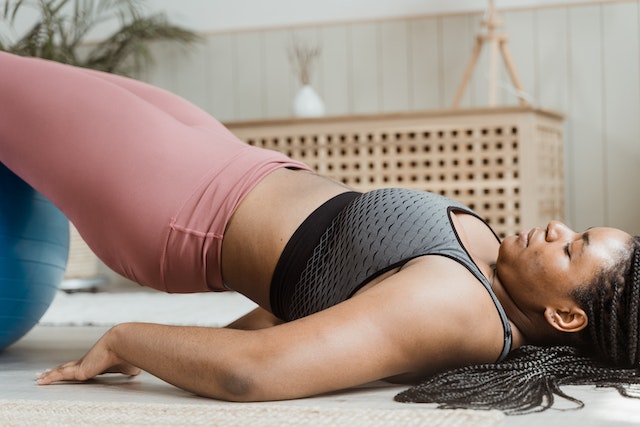
Kegels are exercises meant to strengthen your pelvic floor muscles. These are the muscles you use when you want to “hold it.”
Do these exercises three times a day (not during urination, though). Tighten your pelvic muscles for three seconds, then rest for three seconds. Repeat 15 times per set.
Having strong pelvic floor muscles is a good way to minimize incontinence. These exercises can even benefit many women who have an overactive bladder following childbirth.… But Don’t Hold It

When you have the urge to urinate, go. This applies to men and women. Holding it in isn’t good for your body. The longer urine stays in the bladder, the more bacteria can start to build up.
Also, take your time peeing. Don’t rush because you have to be somewhere. An extra 30 seconds to urinate properly won’t ruin your day, and it’s better to avoid infections.
Stay Active

Exercise is good for bladder health in several ways. First, it can help you avoid retaining liquids.
If you have a constant urge to urinate at night, fluid retention may be the cause. Going for a walk or performing other types of exercise help your body get rid of those stored-up liquids. That way, you can sleep soundly.
Working out can also help you lose weight. When a person is overweight, the extra weight can put pressure on the bladder, which is a common cause of incontinence.
Take Care of Your Bladder

The idea that there's nothing you can do to improve bladder health is a lie. Treat your bladder well and it can surprise you (in a good way). Kegels are a great place to start.



